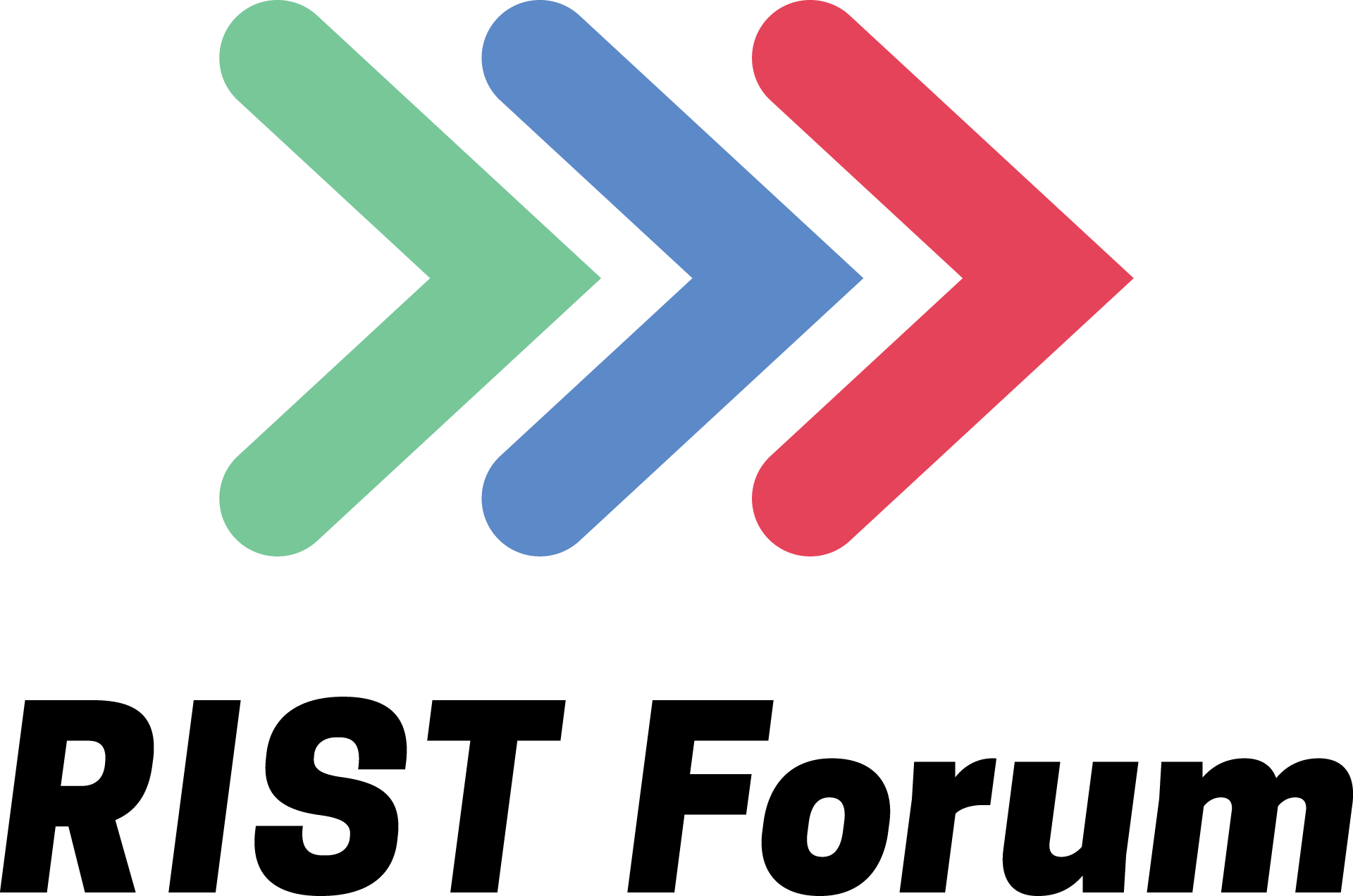RIST Forum Announces Latest libRIST Release Ahead of IBC 2023
5th September 2023 – The Reliable Internet Stream Transport (RIST) Forum and SipRadius have released Version 0.2.8 of libRIST, the publicly available version of RIST Protocol. The latest release comes with a host of new features for the FOSS community to integrate and freely use. Highlights of the latest libRIST release include:
Multi-connectivity senders
The library’s ability to act like a media server / cloud distribution node (one sender to multiple receivers) has been fixed and greatly enhanced. Now, you can safely go above 10 receivers (from a single sender) and still have adequate packet recovery for each of the connected receivers (up to 50% packet loss). Packet loss recovery has been tested and assured up to 100 connected receivers (CPU speed based).
Full support for EAP authentication and dynamic buffering handshakes
You can now do a truly zero configuration link using libRIST. libRIST has now added dynamic buffering and the new EAP key exchange to its EAP authentication protocol. In short, while libRIST is in sender mode, a master username and password list are utilised to ensure connectors are pre-authenticated and allowed to receive and decrypt the services.
In addition to the encryption key exchange, each receiver will auto-negotiate its own buffer size based on its individual changing network conditions. This adds another layer of security and complements the cloud distribution node model.
Implementation of the new ether types
The RIST protocol ether type has now been approved and registered, and integrated into the libRIST library, replacing the beta version previously available.
The latest release comes ahead of IBC 2023 where the libRIST community of developers, adopters, and those who are just curious about the FOSS technology can meet the lead developers of libRIST - Sergio Ammirata, Ph.D. and Gijs Peskens of SipRadius LLC. – on booth 5.F47 from 4:00-5:00PM on Sunday 17th September 2023, to find out more and learn about the next stages of libRIST and its unique implementations.
